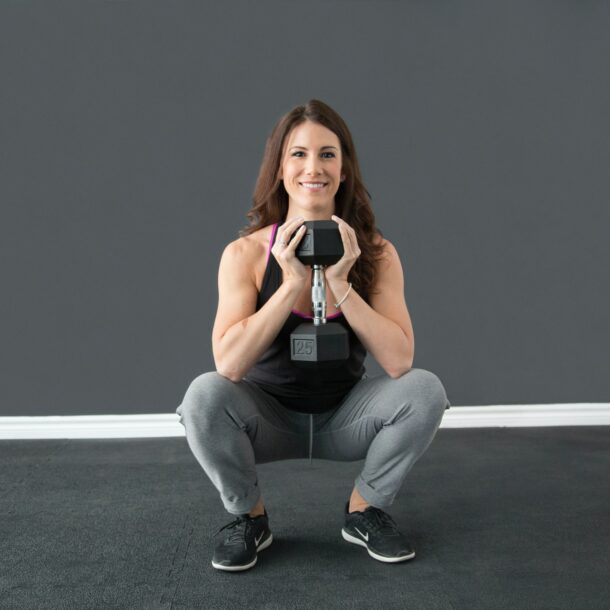
Is a condition describing a marked loss of bone density and is an alarming word since adequate bone density is so vital for our continued health.
Our bones are constantly being broken down and reformed in a process known as remodeling which is essential for healthy bones. Cells that build bone (Osteoblasts) are more dominant in the first three decades of our life gradually changing and the cells that break down bone (Osteoclasts) become more dominant. Remodeling is modulated by hormones, diet, exercise, and supplements.
Generally, the loss of bone density doesn’t show up until we are in our 50’s and is detected by a bone density test named a DEXA Scan. The first step of bone loss is named Osteopenia which then advances into stages of Osteoporosis. The risk are fractures especially in our spine and hips as we age into our later sixties and beyond. These can be life threatening or at least life altering events.
There is confusion on calcium supplementation dosage. The general guidelines are 1000 mg for all people 50 and under and men till 70. For men over 70 and all women over 50 the dosage is 1200mg. The limitations of these guidelines is accounting for our ability (bioavailability) to use the supplemental Calcium. For instances the highest source of Calcium are sesame seeds, but they have a low bioavailability. The availability is important concept since excess Calcium has been linked to kidney stones, cardiovascular injury and increase cancer risk. Perhaps this explains why in a large comprehensive study showed Calcium supplementation did not decrease the risk of hip fractures.
The most bio available food sources are dairy products (milk, cheese, yogurt), sardines, canned salmon with the bones, cruciferous vegetables, Kefir, and bone broth. Cofactors vital for calcium availability are fat soluble vitamins A, D and K2. A safe dosage for D is 40-60 mcg and for K2 is 10-20 mcg. Generally we can get enough Vitamin A in our diet. Another important cofactor we typically are deficient is magnesium which we should take in the glycinate, or malate forms 200-400 mg. Collagen is also helpful in giving bone the scaffold it needs and can be found in gelatin though we can make it with proper protein intake. Remember make sure your Vitamin C levels are normal.
Regular exercises using weights or resistance increases bone density and bone function. The added muscle from doing these exercises also slows down aging. Finally, proper sleep allows us to maintain our Melatonin level which aids in bone remodeling. Things to avoid are excessive alcohol, smoking and stress (Cortisol) since Cortisol is associated with decrease bone formation.
By following the above Functional Medicine approach, a proper supplementation of Calcium could be 600-800 mg.
If you decide you need additional supplements, from a trusted source, please click the link to recieve a 15% discount on any products you order.http://us.fullscript.com/welcome/gpistilli
